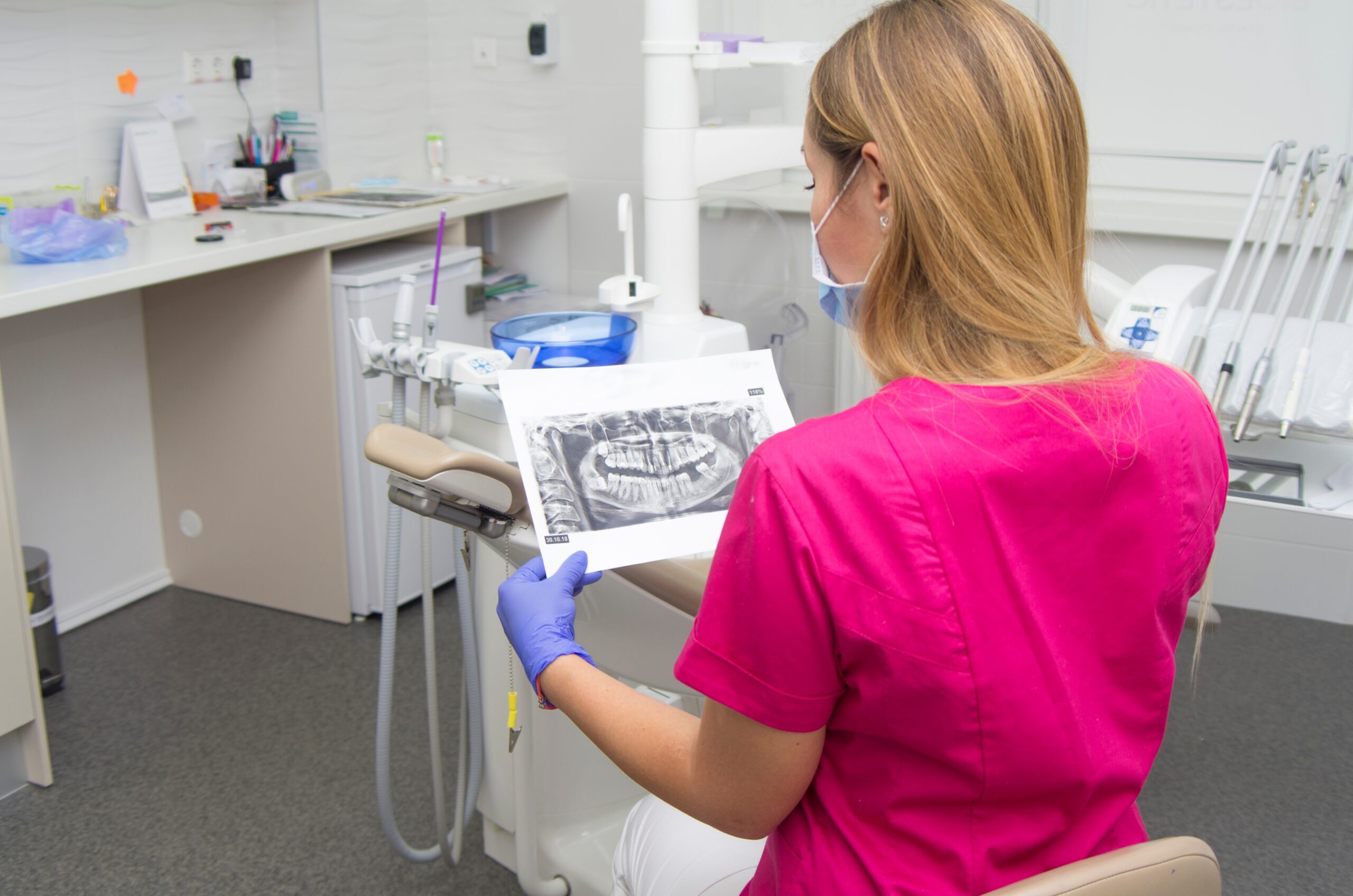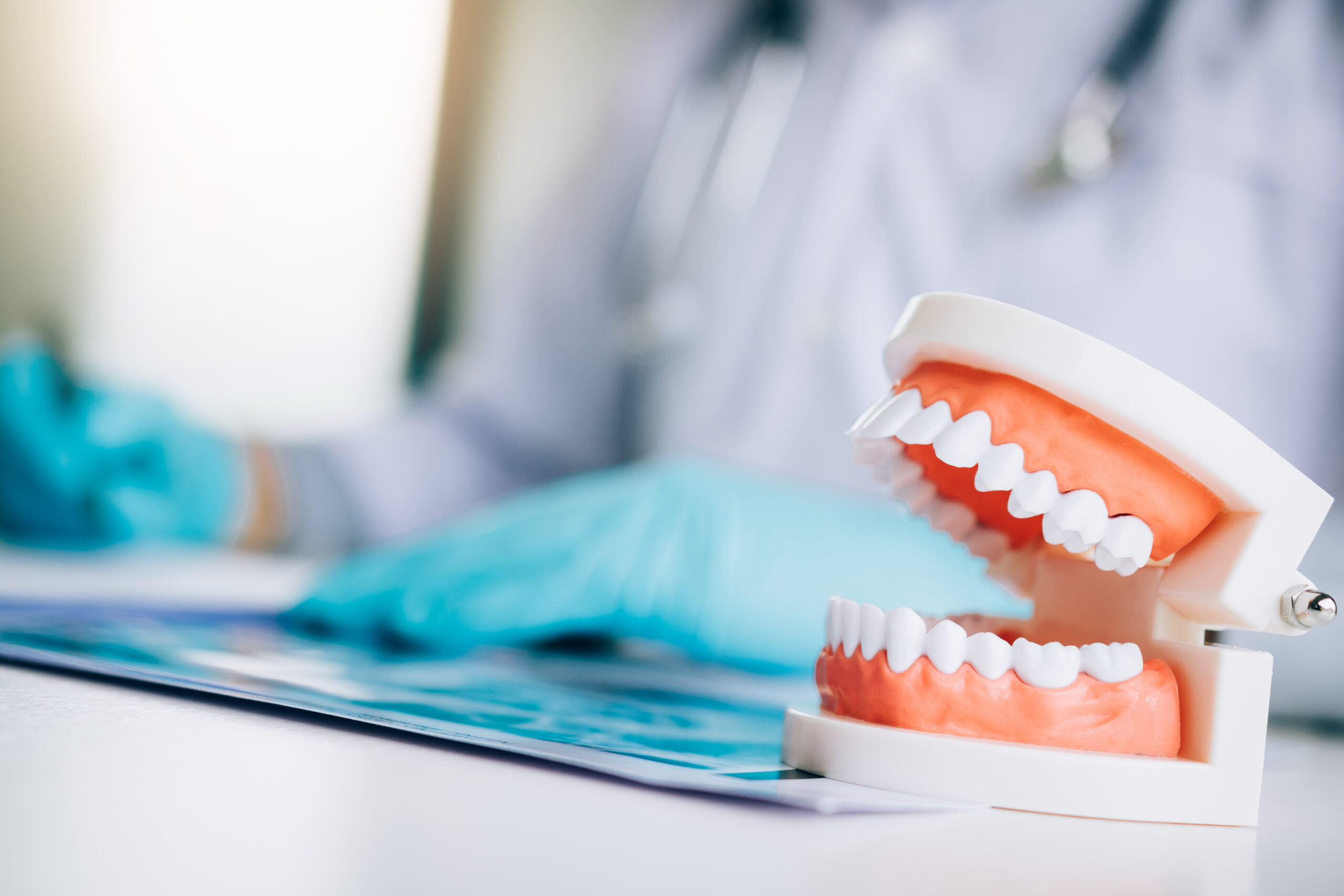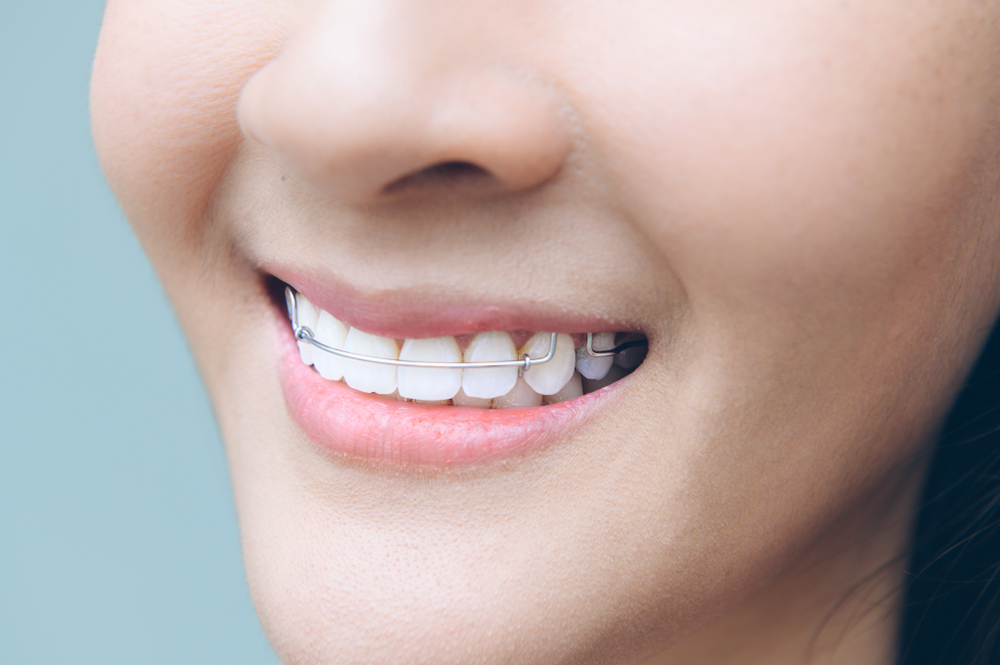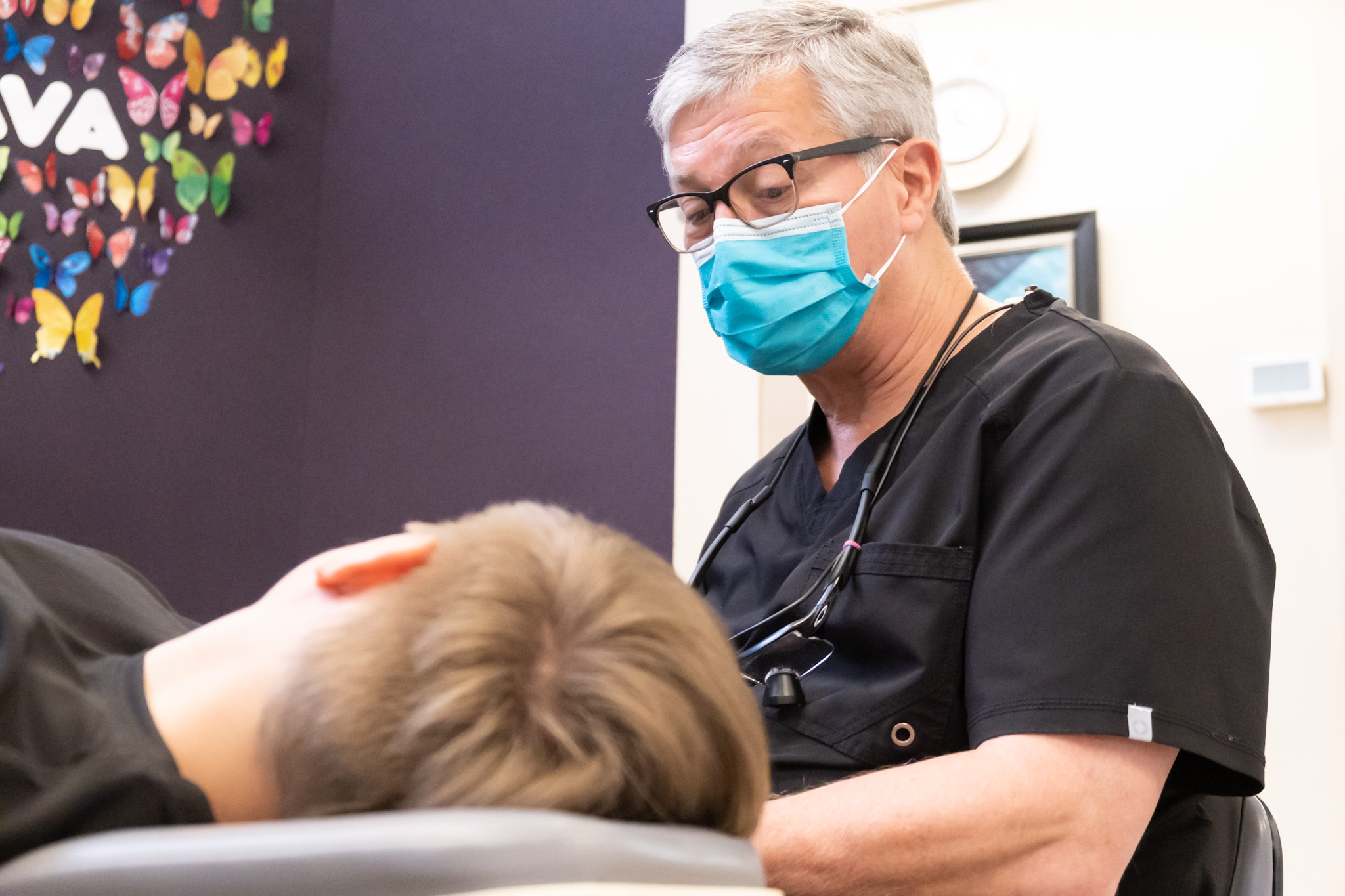Orthognathic Surgery For Correcting Jaw Misalignment
Corrections for jaw misalignment come in a variety of solutions, but for the most severe cases of jaw misalignment, orthodontists usually recommend jaw surgery. Jaw surgery, otherwise known as orthognathic surgery, is a procedure that aligns the upper and lower jaws to their proper positions. The surgery itself usually is performed at the end of a phase of orthodontic treatment in which an orthodontist prepares a patient’s mouth for the changes surgery will bring about. Before committing to the orthognathic surgery process, it’s important to have an understanding of: What the orthognathic surgery entails If you’re a good candidate for surgery Benefits and risks of undergoing the surgery Orthognathic Surgery Procedure Orthognathic surgery, or jaw repositioning surgery, involves a multi-step process that begins with orthodontic treatment. Prior to the procedure, the patient will undergo a comprehensive evaluation, including dental and medical exams, imaging studies, and consultations with their orthodontist. The surgery itself may take several [...]










